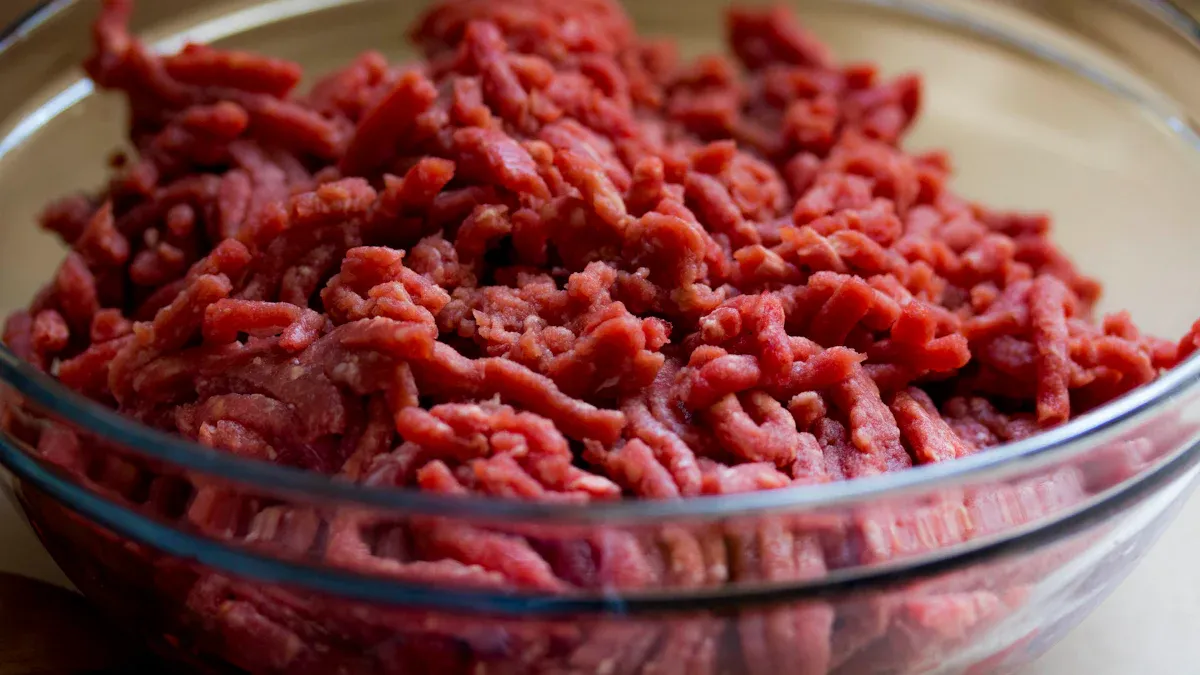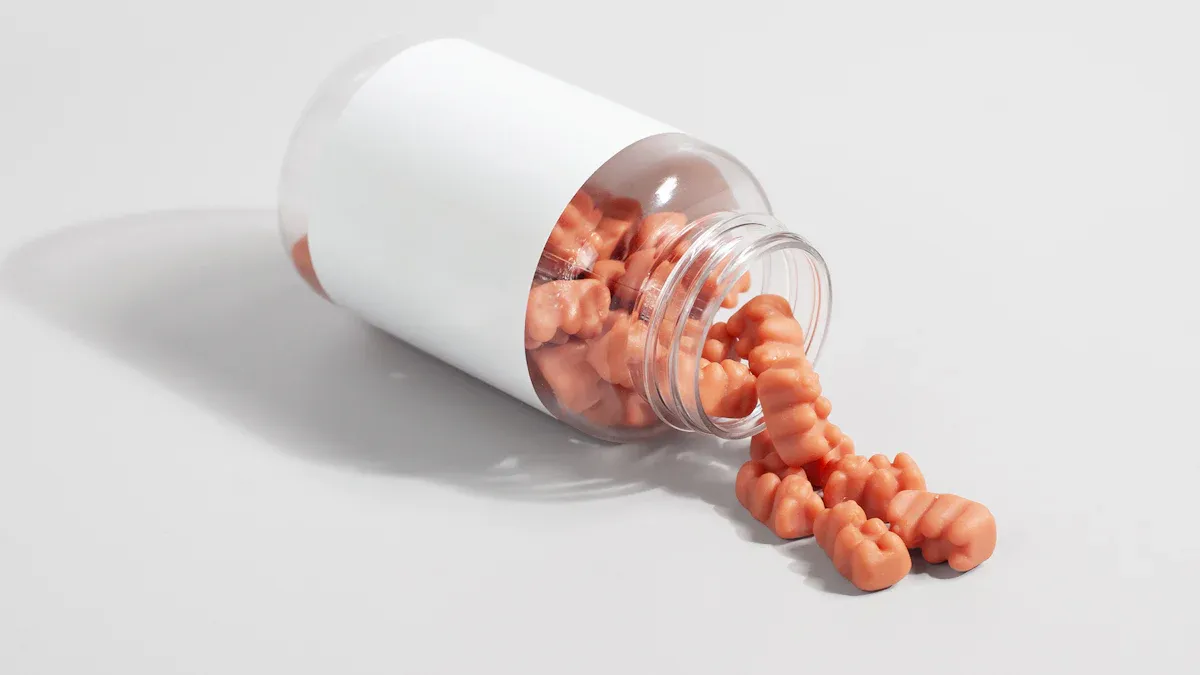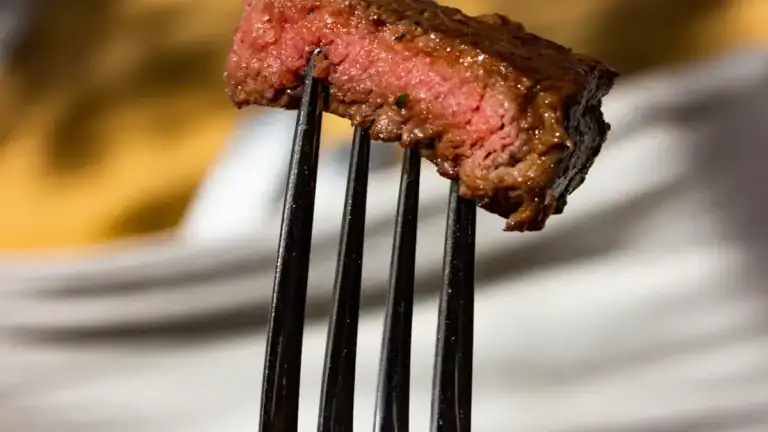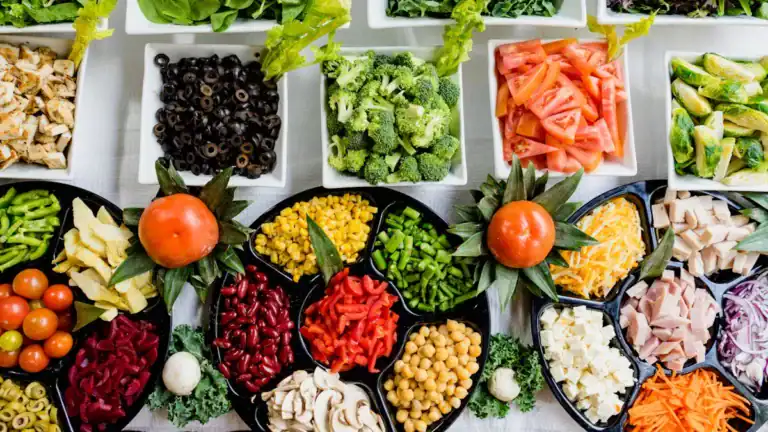
You may worry about making Carnivore Diet Mistakes and how these mistakes can impact your health goals over time. Sometimes, you feel confused about how to do the carnivore diet right or wonder if you are following the lifestyle correctly. Mistakes happen, and that is normal. Every Carnivore Diet Mistake helps you learn and improve. Go slow, pay attention to your body, and remember small steps help you create habits that last.
No worries, I’m here to to help you and I’ve compiled some research about this below.
Common Carnivore Diet Mistakes
When you begin the carnivore lifestyle, you might make some mistakes. These mistakes can stop you from reaching your health goals. They can also make you feel bad.
Many people worry about not getting enough nutrients. Some people do not know how much protein or fat to eat. Others do not understand when they are really hungry. If you feel confused about what or how much to eat, you are not alone. Let’s talk about these mistakes so you can notice them early.
Here are some common carnivore diet mistakes:
Worrying about getting enough vitamins and minerals.
Eating too many polyunsaturated fats (PUFAs).
Being afraid of fat or not eating enough fat.
Eating lots of processed meat.
Not checking for food sensitivity.
Worrying about not getting enough nutrition.
Cooking your meat too much.
Adding too much salt to your food.
Using herbs, spices, and condiments.
Eating fruits and honey.
Stopping the diet too soon.
These mistakes can change your energy, digestion, and health. The next parts will explain each mistake. You will learn why they matter for long-term success.
Nutrient Diversity
You may think eating only meat gives you everything you need. But the carnivore diet can miss some important nutrients. Not getting enough nutrient diversity is a big mistake. If you skip organ meats or eat only muscle meat, you might not get enough nutrients. This can hurt your immune system and raise your risk for diseases.
Not getting enough nutrients for a long time can make your immune system weak.
The carnivore diet can change your gut bacteria. This can lower diversity and cause inflammation.
You might miss vitamin C, magnesium, potassium, and fiber. These help your bones, heart, and digestion.
Without fiber, you can get constipation and gut problems.
Here are some nutrients that are often low on the carnivore diet:
Nutrient | Why It Matters |
|---|---|
Vitamin A | Good for eyes, heart, lungs, kidneys. |
Vitamin C | Stops scurvy and helps immunity. |
Vitamin E | Works as an antioxidant. |
Manganese | Needed for metabolism and bones. |
Lithium | Helps your brain and mood. |
Polyphenols | Help fight inflammation. |
Fiber | Keeps your gut healthy. |
The carnivore diet often has less fiber, vitamin C, folate, vitamin E, potassium, magnesium, and antioxidants than other diets. You need to watch out for these missing nutrients.
Protein and Fat Balance
Getting the right amount of protein and fat is important. Many people are scared of fat or do not eat enough fat. This can make you tired and hungry. The best ratio is usually 1:1 for fat to protein by weight. This helps you feel full and gives you steady energy.
If you eat too much protein and not enough fat, you might:
Feel tired or have trouble digesting food.
Put stress on your kidneys.
Raise your cholesterol and blood pressure.
Miss out on fiber, which helps your immune system.
On the carnivore diet, you need both protein and fat. If you skip fat or are scared of saturated fats, you might feel worse. Eating enough fat helps you avoid hunger and keeps your energy up.
Hunger Cues
Listening to your body is important. But many people ignore hunger cues. This is a common mistake and can make you eat too much or too little. Real hunger grows slowly and goes away when you eat animal foods. False hunger comes quickly. It often happens because you are bored, stressed, or thirsty.
Real hunger means your body needs food.
False hunger comes from feelings or habits.
Strict rules can make you ignore your hunger signals.
You need to know the difference between real hunger and cravings. Cravings can show what your body needs, like fat. Eat until you feel full and choose foods with lots of nutrients. Sometimes, you want sweets after a meal or feel hungry late at night because of stress. These are signs to check your habits and feelings.
Eat animal foods, eat until you are satisfied, and give yourself at least 21 days to get used to it. You will have fewer cravings and more steady hunger over time.
Knowing these common carnivore diet mistakes helps you succeed. The next parts will show you how to avoid these problems and make the carnivore lifestyle work for you.
Hydration and Electrolytes
Staying hydrated is very important on the carnivore diet. You also need to keep your electrolytes balanced. When you start eating only animal foods, your body loses water faster. You also lose minerals more quickly. This happens because you stop eating carbs. Carbs help your body hold water. If you do not drink enough water, you might feel tired. You could get dizzy or have muscle cramps. It is important to know what mistakes to avoid. You should learn what steps to take to stay healthy.
Staying Hydrated
Drinking water is good, but you need more than that. The carnivore diet changes how your body uses fluids. If you cut out salt and electrolytes, you can feel tired. You might get brain fog or weak muscles. Some people feel lightheaded or get cramps in their legs. This happens when they lose water and minerals too fast. Here are some common hydration mistakes:
Not drinking enough water every day.
Cutting out salt and electrolytes too much.
Forgetting to replace minerals lost from weight loss.
Ignoring signs like dry mouth or headaches.
Tip: Drink water all day, not just when you feel thirsty. Add a little high-quality salt to your meals. This helps your body keep the right balance.
Electrolyte Management
Electrolytes help your muscles work well. They also keep your heart healthy. If you do not get enough, you can have problems. You might feel confused or dizzy. Sometimes, you can even have heart issues. On the carnivore diet, you need sodium, potassium, and magnesium.
Here is a simple guide for what you need:
Electrolyte | Daily Amount | Best Sources |
|---|---|---|
Sodium | 3,000-5,000 mg | High-quality salts, meat |
Potassium | 2,000-4,000 mg | Salmon, beef |
Magnesium | 300-400 mg | Bone broth, fatty fish |
You can use natural things like sole water or topical magnesium. Salmon give you thiamin (B1). Thiamin helps balance minerals. Watch for signs like a fast heartbeat or tingling. These can mean you need more B1 or other nutrients.
Note: Drink enough water and make changes slowly. This helps your body adjust. You will enjoy the health benefits of the carnivore diet.
Organ Meats and Processed Meats

Organ Meats Benefits
You may ask why organ meats are important. Organ meats like liver, heart, and kidneys have more vitamins and minerals than regular meat. If you only eat steak or ground beef, you miss some nutrients. Organ meats give you B vitamins, such as B6 and B12. These help your body make energy and red blood cells. You also get minerals like magnesium, selenium, and zinc. These minerals help your immune system and keep you healthy.
Here’s a simple chart showing what organ meats give you:
Organ Meat | Nutrients Provided |
|---|---|
Heart | CoQ10, B vitamins, iron |
Kidneys | Selenium, Vitamin B12, iron |
Spleen | Iron, Vitamin B12 |
Organ meats also have vitamin D for strong bones. They have vitamin E for healthy cells. Vitamin K2 helps your blood clot. Experts say you should eat organ meats like liver, kidney, and bone marrow. This helps you get all the nutrients from animal foods. If you skip organ meats, you may not get enough nutrition. This can slow down your progress.
Tip: Try eating small pieces of organ meats each week. Mix them into ground beef or cook them in a stew. This makes it easier to get their benefits.
Processed Meats Risks
Processed meats like bacon, sausage, and deli meats are easy to buy and taste good. But eating too much can be bad for you. Eating lots of processed meats can raise your chance of getting cancer. It can especially raise your risk for colon and rectal cancer.
Eating just 50 grams a day can make your risk go up by about 18%. Diets with lots of red and processed meats can also raise your LDL cholesterol. This is not good for your heart. Below, I’ve gathered some research data on the topic
Here is a chart to compare whole animal foods and processed meats:
Nutrient | Whole Animal Foods (including organ meats) | Processed Meats |
|---|---|---|
Vitamin B12 | Robust levels | Lower levels |
Niacin | Robust levels | Lower levels |
Riboflavin | Robust levels | Lower levels |
Zinc | Robust levels | Lower levels |
Selenium | Robust levels | Lower levels |
Health Risks | Lower risk with whole foods | Higher risk with processed meats |
If you want to be healthier, eat more whole animal foods. Try to eat less processed meat. You will get more nutrients and lower your chance of getting sick.
Tracking and Adapting
Food Tracking
You may wonder why you should track your food. Tracking helps you see what you eat each day. It shows how food changes your body. You can find patterns and spot problems. This helps you make better choices. Many people use tracking to help with their weight. It also helps you eat the right amount of fat. You can use apps to make tracking easy. Some good apps are:
Yazio: Lets you keep a diary and see your progress.
MyFitnessPal: Has lots of foods and tracks macros.
Healthi: Lets you make custom food lists and log meals.
MacrosFirst: Shows you detailed nutrition facts.
MyMacros+: Lets you track offline and be exact.
FatSecret: Simple tracking and has a community.
Eat Meat: Tracks only carnivore meals.
Tracking helps you avoid rabbit starvation. It helps you build muscle and control carbs. It also helps you keep your fat at the right level. Here is a table that shows what tracking does:
Evidence Point | Explanation |
|---|---|
Avoiding Rabbit Starvation | Tracking makes sure you eat enough fat. This stops problems from not getting enough. |
Muscle Mass Goals | Watching protein helps you build muscle. |
Managing Carbohydrate Sources | Tracking helps you keep carbs low and balanced. |
Keto Fat Ratios | Tracking fat helps you get the right mix of nutrients. |
Some people have trouble tracking food. Problems like endotoxemia or protein fermentation can make it hard. These issues can make it tough to know which foods cause symptoms.
Gradual Adaptation
Your body will not change overnight. It takes time to get used to the carnivore diet. You may feel tired or have brain fog. Muscle cramps can happen too. These things are normal when your body switches to using fat for energy. The change can take 2 to 8 weeks. You might feel sleepy, sad, or have blurry vision. Keto breath, constipation, diarrhea, thirst, and sleep problems can happen.
What can help you feel better? Rest more when you can. Eat your last meal three hours before bed. Try to sleep at the same time every night. Eat more meat and fat. Add organ meats three times a week. Use more salt and make bone broth for extra minerals. Get sunlight to help your mood. Exercise less if you feel tired. Slowly eat fewer carbs. Make sure you eat enough fat to keep your energy up. Drink more water and balance your minerals.
Food Sensitivities
Some people have food sensitivities on the carnivore diet. Not everyone can eat all animal foods. Some people still get inflammation or feel bad. Dairy and eggs can cause problems for some. You might have trouble with lactose or eggs. Histamine intolerance can also make you feel sick.
There is no one test for food sensitivities. The best way is to avoid foods that cause problems. Keep a food diary and talk to a dietitian.
The carnivore diet is like an elimination diet. You stop eating plant foods and remove most triggers. After a month, add foods back one at a time. See how your body reacts.
What steps help you handle sensitivities? Start with a strict carnivore diet. Add foods back slowly. If you still have symptoms, try eating only ruminant meats. You can also stop eating dairy. If you eat dairy, keep it small. Test foods for a few days to see how you feel.
You want lasting success on the carnivore diet. Spotting and fixing common mistakes helps you reach your goals. Stay patient and flexible. Pay attention to your progress and needs. Nutrition experts say you should:
Focus on what you can control.
Use a habit tracker.
Set realistic expectations.
Seek support from others.
Keep a positive mindset.
Add variety to your meals.
Plan ahead and enjoy the meats you love. Join a community for motivation. Celebrate every small win. Your journey gets easier when you learn, adapt, and make choices that fit you.




